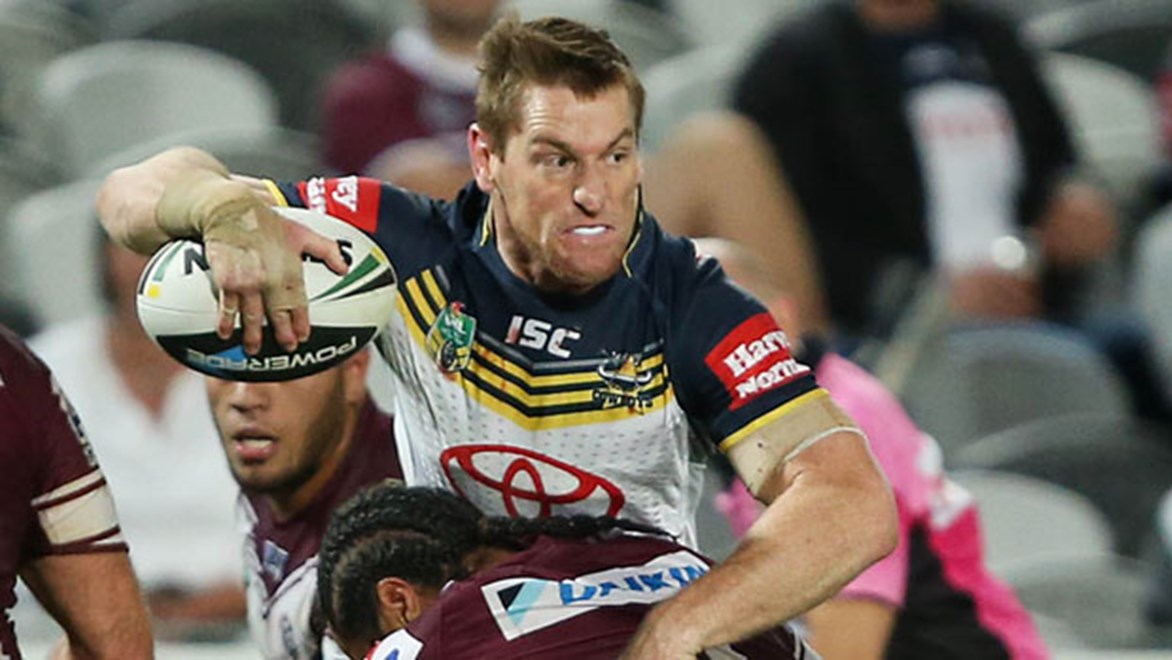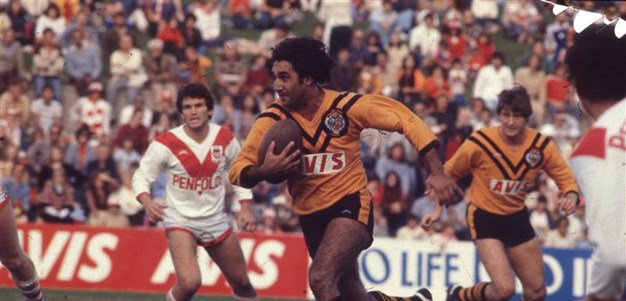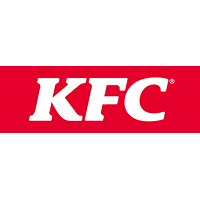

His career was breaking down right in front of your eyes and you just sat there and watched; entertained by the new-found technology that gave you an unprecedented taste of rugby league reality TV.
Dressing-room cameras caught every moment of Brent Tate’s distraught reaction to a third serious knee injury in four years when he went down in the 2010 Four Nations final against New Zealand, begging the question of whether the access-all-areas pass was taking a step too far.
Eighteenth man for the Kangaroos two weeks ago, Tate gets a final push for a 22nd Maroons jersey when North Queensland host the Roosters at 1300SMILES Stadium on Saturday night, a crucial game in the context of the upcoming Origin Series and the Cowboys' position on the ladder.
Four years ago in front of millions Tate was seen spilling his soul during one of the most difficult moments of his life, but despite everything, the Cowboys veteran says it is just part of the new-age game we live in.
"I don’t really have an opinion on it. I remember Wayne [Bennett] being really animated at the time saying that it was private and I guess when you sit down, it was private but it’s really not a big deal to me. It’s the game we play nowadays," Tate said reflecting on the incident.
"From a fan point of view, they get a chance to see what it is like for a player going through difficult times, but in the same breath it's probably not a great thing that I'm on national television crying."
While Tate was happy to see locker-room cameras as a means of fan engagement, he took objection to the game’s latest advancement – lapel microphones on officials.
There have been many instances during live telecasts this year where the NRL could have used its very own 'DUMP' button to censor players' outbursts toward referees, but Tate says that's what audiences have signed up for.
"When it’s on the field, it should stay there. When I’m at home [watching football] and I hear someone swearing at the referee, I just think there is no need for the people to be out there hearing that," he said.
"If they do want to hear what we are saying to refs, then they need to accept that we may swear and carry on a little bit and they shouldn't get offended.
"As a viewer, I don't really see what they get out of it. All they're doing is forming opinions of blokes who are saying stuff in the heat of the battle when everyone is guilty of that sort of stuff in everyday life. They're not there and they are not living it and breathing it like we are, so I think there's a lack of understanding from the public at times.
"It's a tough balance the NRL has to deal with, giving fans the best seats in the house and access to players, but there are points where the line needs to be drawn and say, ‘This is a no-go zone for fans'."
In another grey area, some players are calling for lowered media scrutiny, while Tate notes others are bringing it upon themselves with increased involvement in social media.
"I do feel as though players are doing it to themselves. You have guys with Instagram, Facebook and Twitter so they are exposing themselves a lot of the time, it's a funny situation," he said.
While Tate is set to farewell the NRL at the end of 2015, the show will go on with new faces coming through the ranks and new advents to the fan experience.
"I'm all for fans getting more access and involvement in the game, but it has to be done the right way, but we definitely need to look after our fans, no question," he said.
"The league is walking a tightrope with this kind of thing and the implications are not just for the players and teams, but fans, broadcasters and the general public as well."


